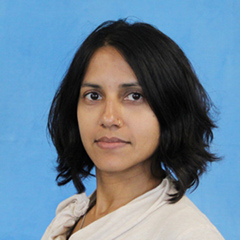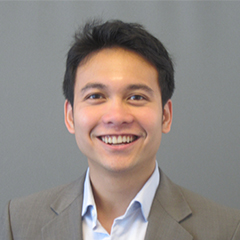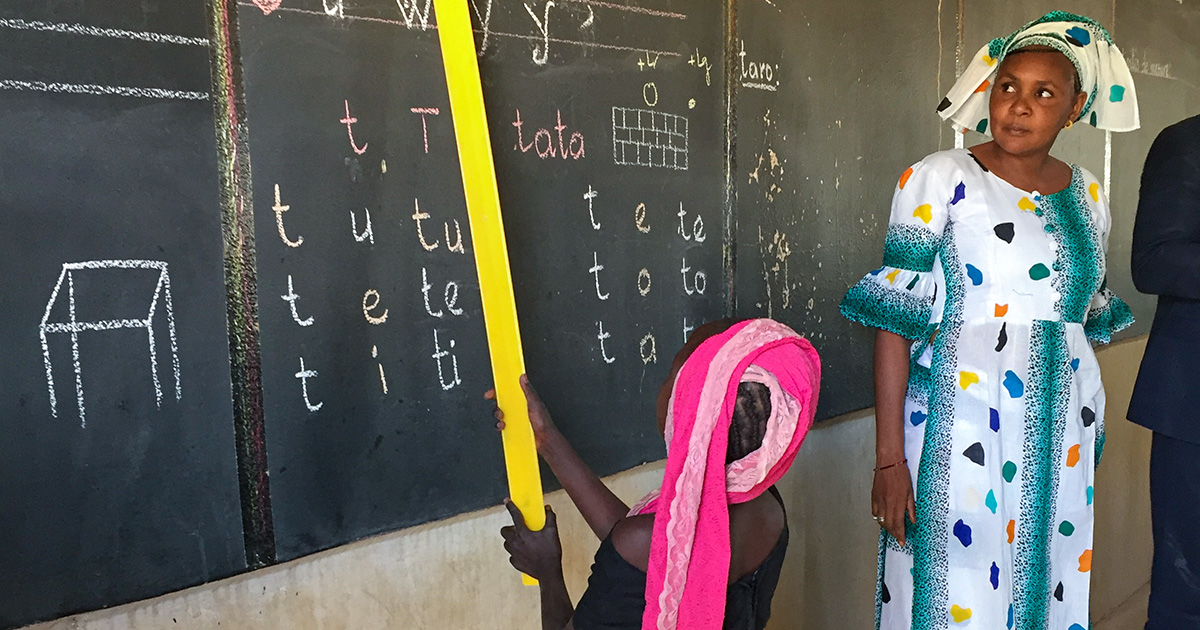Project Overview
To determine the long-term impact of the Akazi Kanoze Youth Livelihoods project on the current livelihoods-related circumstances, outcomes, successes, and challenges of Rwandan men and women.
The USAID-funded Akazi Kanoze Youth Livelihoods Project in Rwanda, implemented from 2009 to 2016, aimed to develop youth’s capacity to strengthen their work readiness, business and life skills and build their linkages to the Rwandan economy so youth could access increased opportunities for productive engagement in society. A randomized control trial conducted in 2014 found positive gains in employment and work readiness among Akazi Kanoze participants. Although the project concluded in 2016, the goals of AK align well with the Government of Rwanda’s priority on job creation, skills development and self-employment for young people. By evaluating the long-term impacts of the Akazi Kanoze Youth Livelihoods Project, Mathematica will expand the evidence base for what works in positive youth development (PYD) programming in Rwanda and in the region and will inform future efforts to create positive change for youth worldwide.
- Making Cents International
- YP2LE/USAID
- USAID/Rwanda
U.S. Agency for International Development
The Akazi Kanoze (AK) Youth Livelihoods Project was a $9.8 million project implemented between 2009 and 2016 by Education Development Center, Inc., with USAID support. AK aimed to increase livelihood opportunities for Rwandan youth ages 14 to 35, and develop a thriving youth livelihood support system. Under USAID’s YouthPower2: Learning and Evaluation (YP2LE) initiative, which aims to generate knowledge about implementation and impact of positive youth development (PYD) programs, Mathematica is conducting a “tracer study” to examine the long-term effects of AK-supportedinterventions. Using qualitative and quantitative methods, Mathematica is locating youth who participated in previous evaluations of the AK project, and documenting their current circumstances, outcomes, successes, and challenges related to expected outcomes of the AK project (e.g., employment and income, financial management, work readiness and business skills, and work satisfaction A second objective is to understand the extent to which gender and health-related circumstances may have influenced livelihoods-related outcomes.
In collaboration with Making Cents International and Rwandan expert consultants, Mathematica is developing and refining data collection instruments, drafting the data analysis plan, training data collectors, and overseeing data collection and analysis. In consultation with Making Cents International and USAID, Mathematica also will collaboratively interpret and synthesize findings and share them with decisionmakers and beneficiaries, identifying concrete actions and recommendations to inform future PYD programming.
Related Staff
See Clearly. Act Quickly.
From local to global challenges in health, human services, and international development, we’re here to improve public well-being and make progress together. Learn more about becoming a Mathematica client or partner.
Work With Us


